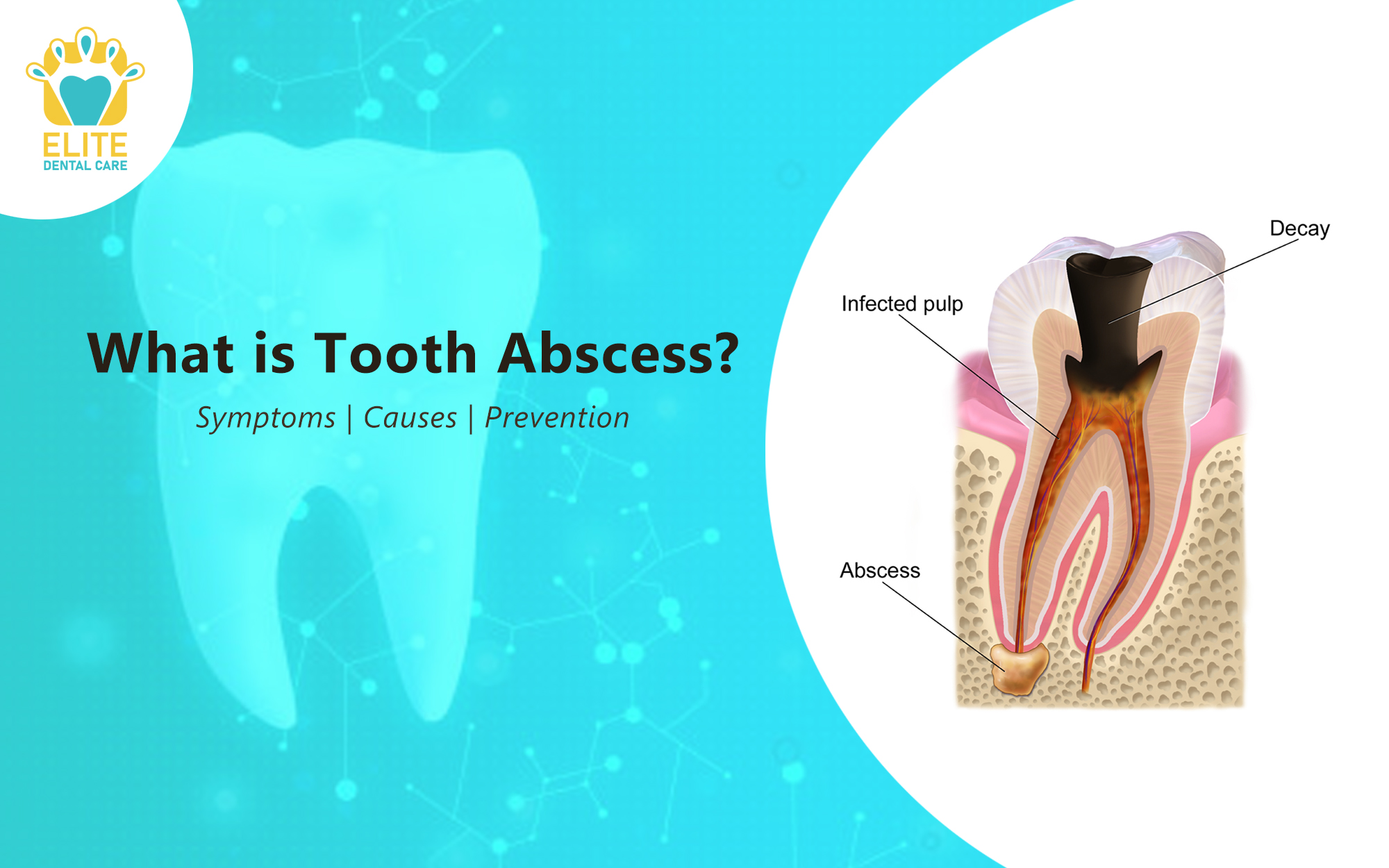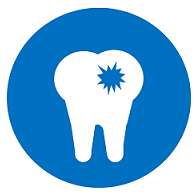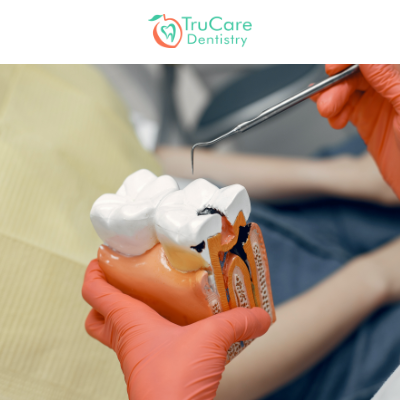Introduction
A dental abscess is a painful infection that occurs in the tooth, gums, or surrounding tissues. It is usually caused by a bacterial infection and can lead to severe pain, swelling, and other complications if left untreated. In this blog post, we will explore the signs and symptoms of a dental abscess, discuss the available treatment options, and provide some tips for prevention.
What is a Dental Abscess?
A dental abscess is a painful infection that occurs in the tooth, gums, or surrounding tissues. It is usually caused by a bacterial infection and can lead to severe pain, swelling, and even tooth loss if left untreated.
Signs and Symptoms
Recognizing the signs and symptoms of a dental abscess is crucial for early detection and treatment. Some common signs include:
Severe Toothache

A persistent and throbbing toothache is often the first sign of a dental abscess. The pain may worsen when biting or chewing.
Swelling
Swelling in the face, cheek, or gums is a common symptom of a dental abscess. The affected area may appear red and feel tender to the touch.
Sensitivity to Temperature
Increased sensitivity to hot or cold foods and beverages can indicate the presence of a dental abscess.
Bad Breath
An unpleasant taste or odor in the mouth, despite regular oral hygiene practices, can be a sign of an abscess.
Fever and General Malaise
In some cases, a dental abscess may cause fever, general discomfort, and a feeling of being unwell.
Treatment Options
Seeking prompt treatment for a dental abscess is essential to prevent further complications. The following treatment options are commonly used:
Drainage of the Abscess
In some cases, the abscess may need to be drained to relieve pain and reduce swelling. This is typically done by a dentist or oral surgeon.
Root Canal Treatment
If the abscess is caused by an infected tooth, a root canal procedure may be necessary. This involves removing the infected pulp and sealing the tooth to prevent further infection.
Antibiotics
Antibiotics are often prescribed to control the infection and prevent it from spreading. It is important to take the full course of antibiotics as prescribed.
Summary
Dental abscesses are infections that can occur in the tooth, gums, or surrounding tissues. They are typically caused by bacteria and can result in intense pain, swelling, and other complications. Treatment options for dental abscesses include draining the abscess, prescribing antibiotics, and performing root canal therapy or tooth extraction. Root canal therapy is an instrumental procedure to deep clean the insides of a tooth. This deep clean ensures that bacteria, fungi, and other debris are removed from deep within the enamel. It is common practice for dentists to opt for root canals if deep decay or infection appears in a patient’s mouth. Prevention of dental abscesses involves maintaining good oral hygiene practices, such as regular brushing and flossing, visiting the dentist for routine check-ups, and addressing any dental issues promptly. By understanding the signs, s click reference eeking timely treatment, and practicing preventive measures, individuals can effectively manage dental abscesses and maintain optimal oral health.
- Q: What are the signs of a dental abscess?
- A: Common signs of a dental abscess include severe toothache, swollen gums, sensitivity to hot or cold, fever, swollen lymph nodes, and a foul taste in the mouth.
- Q: How is a dental abscess treated?
- A: Treatment for a dental abscess typically involves draining the abscess and removing the source of infection. This may be done through a root canal procedure or by extracting the affected tooth. Antibiotics may also be prescribed to eliminate the infection.
- Q: How can dental abscesses be prevented?
- A: Dental abscesses can be prevented by practicing good oral hygiene, which includes brushing your teeth twice a day, flossing daily, and visiting your dentist regularly for check-ups and cleanings. Avoiding sugary foods and drinks, quitting smoking, and wearing a mouthguard during sports activities can also help prevent dental abscesses.

Welcome to my website! My name is James Gertrude, and I am a dedicated professional in the field of Gum Disease Prevention. With years of experience and a passion for oral health, I am committed to helping individuals maintain healthy smiles and prevent dental issues.

